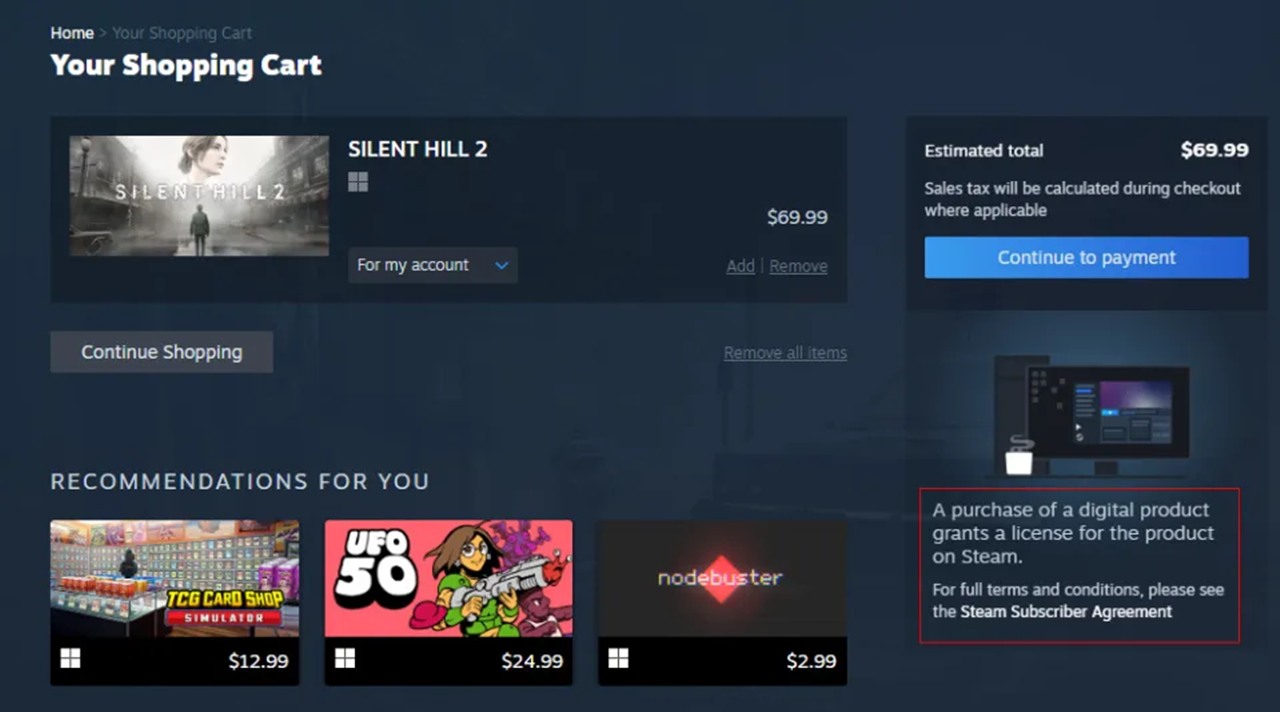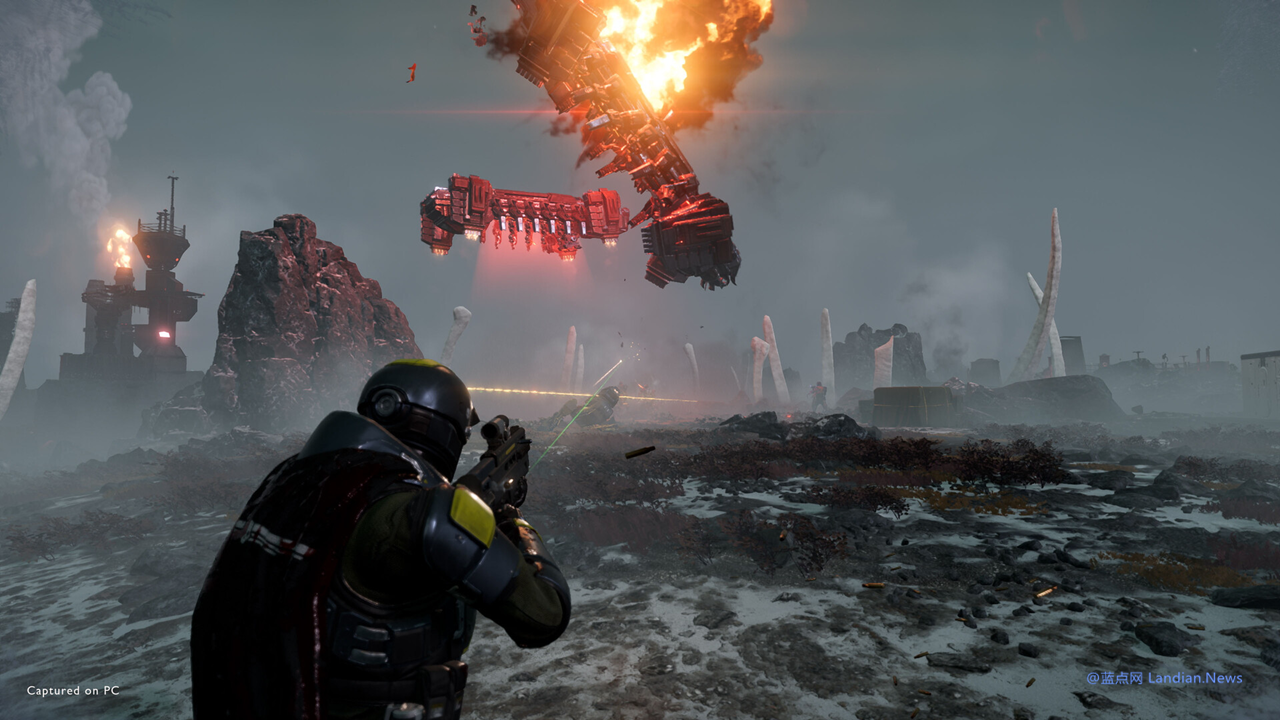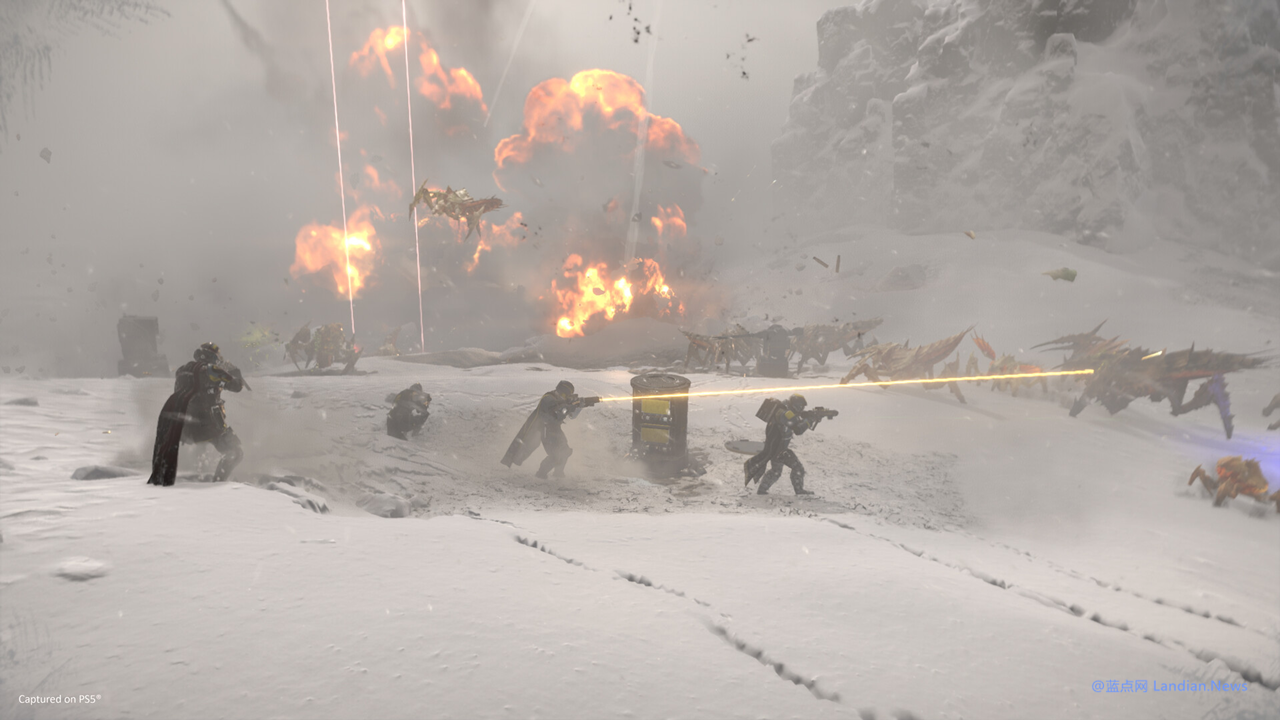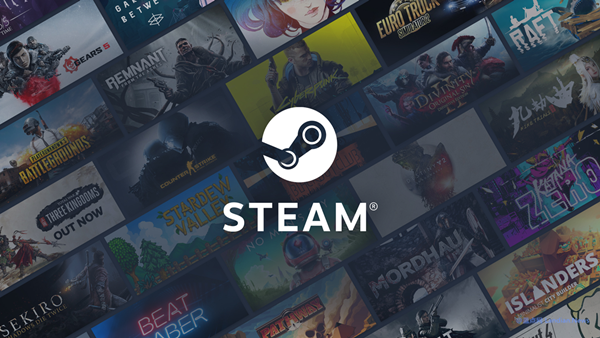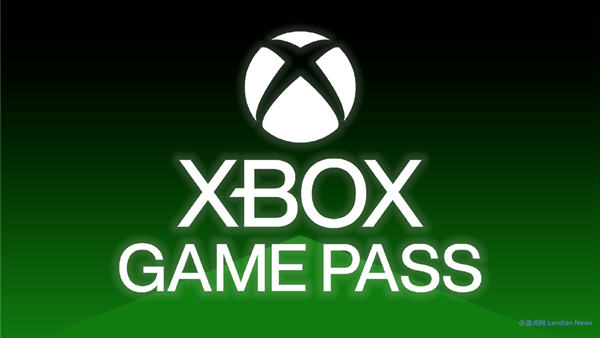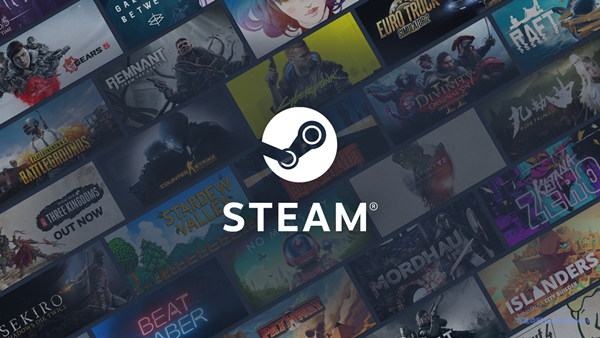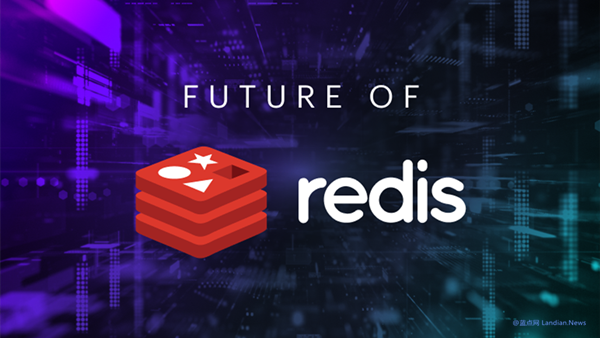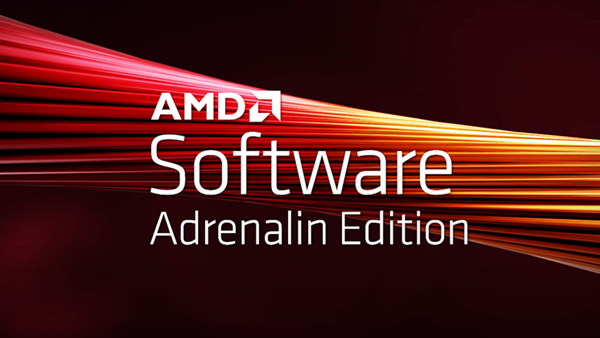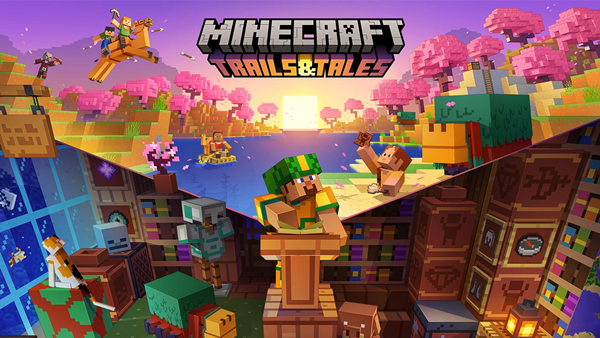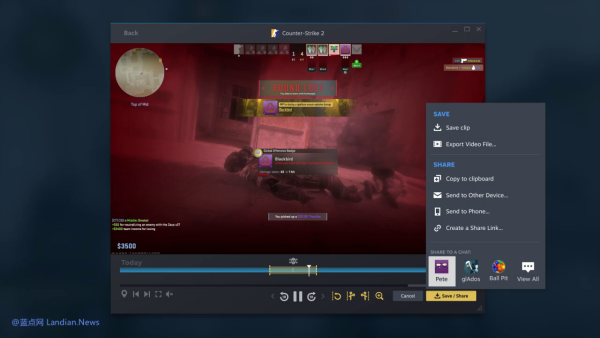You're Not Buying the Game: Steam Updates Its Purchase Information to Emphasize the Purchase of a License Only
Digital Market Access (DMA) copyright issues are designed to protect market competition and innovation. However, some actions taken by developers in recent years have left much to be desired. For example, Sony previously removed certain TV series and movies from the PlayStation Store.
It's important to note that even after users had paid for these film and TV series, they were no longer able to watch them unless they repurchased the content on another platform.
This issue sparked considerable controversy and eventually forced Sony to reverse the deletion of these films and TV series. In other words, users who had already purchased the rights could continue to watch the content without it being removed.
Another case involved the French game developer Ubisoft, which removed "The Crew" from players' libraries after the game was shut down. This action was taken despite the fact that players had paid for the game (although Ubisoft did offer refunds under certain conditions), as Ubisoft revoked the licenses granted to the players according to their agreement.
Image Source: Engadget
California has now passed a new law (AB2426), requiring digital content stores to accurately convey the limitations of digital purchases and clearly state that purchasing does not equate to ownership. Failure to comply with this law could result in fines and a requirement to make corrections.
AB2426 does not apply to permanently downloaded offline content but is aimed at digital games, music, movies, TV shows, or ebooks provided by online digital stores. Non-compliance by platforms is considered false advertising.
In light of this, Valve's popular gaming platform Steam has begun to modify its game purchase information. Now, when users add a game to their cart and proceed to payment, a clear message at the bottom of the payment page notifies them that what they are purchasing through Steam is not the game itself, but merely a license for the game.
For now, Steam's modifications are defensive measures to comply with legal requirements. However, it's uncertain whether the future might see situations like Sony's, where a game's closure could lead developers to revoke a player's game license through Steam directly.
